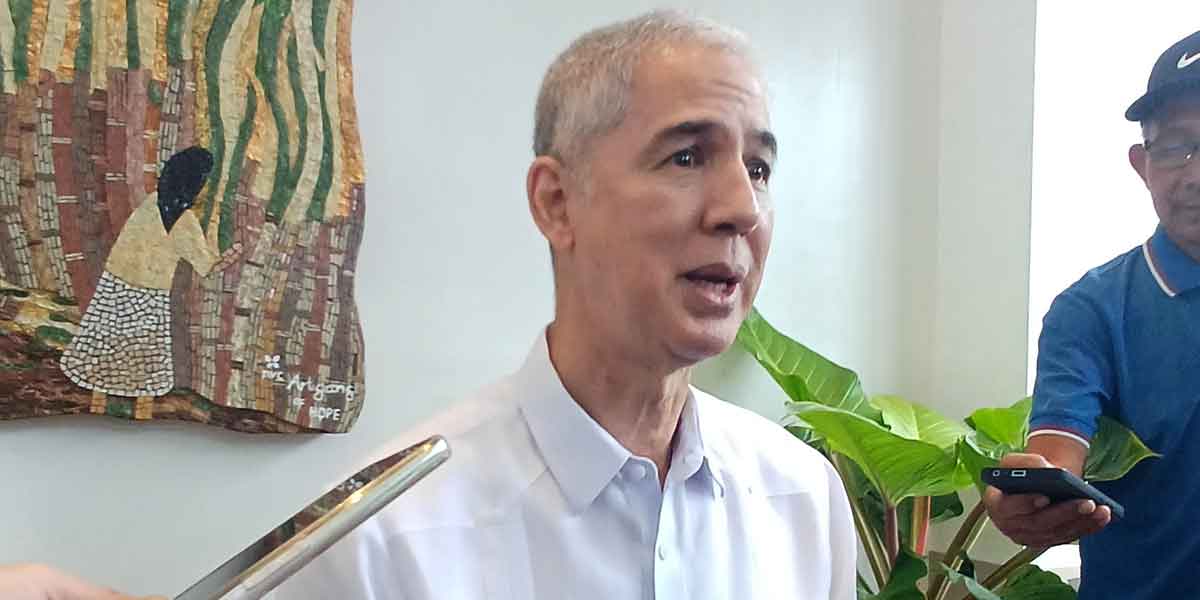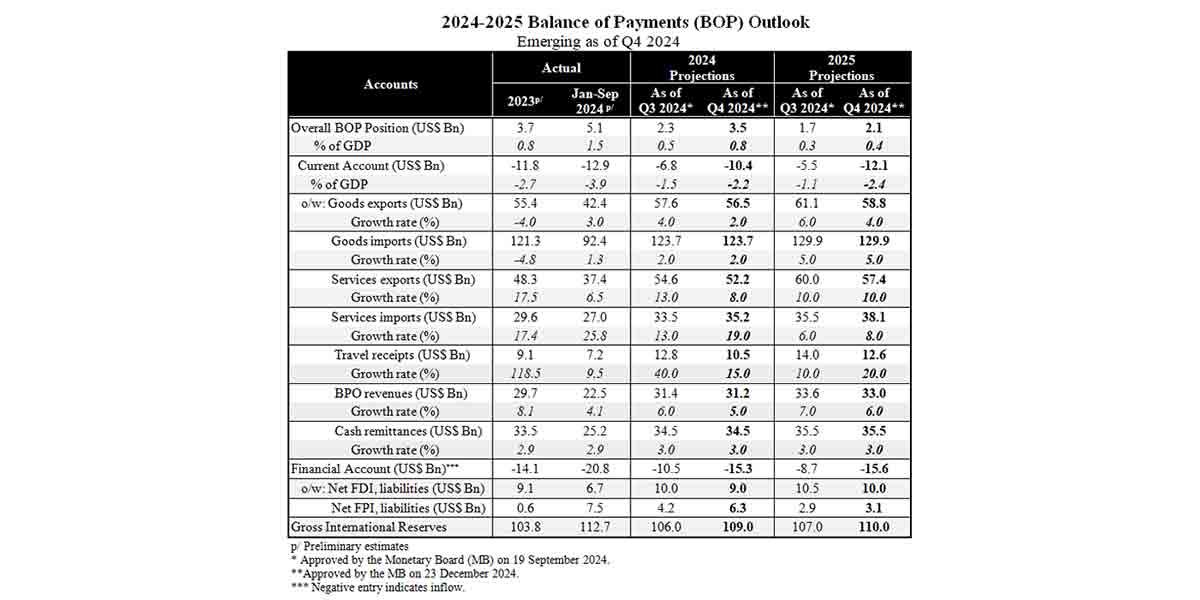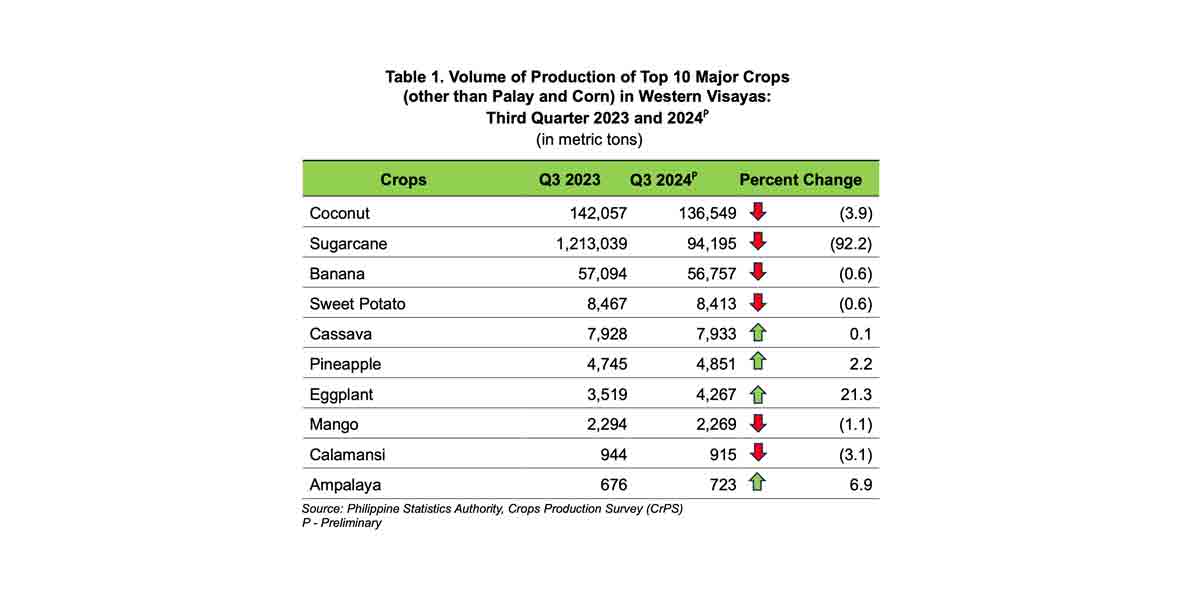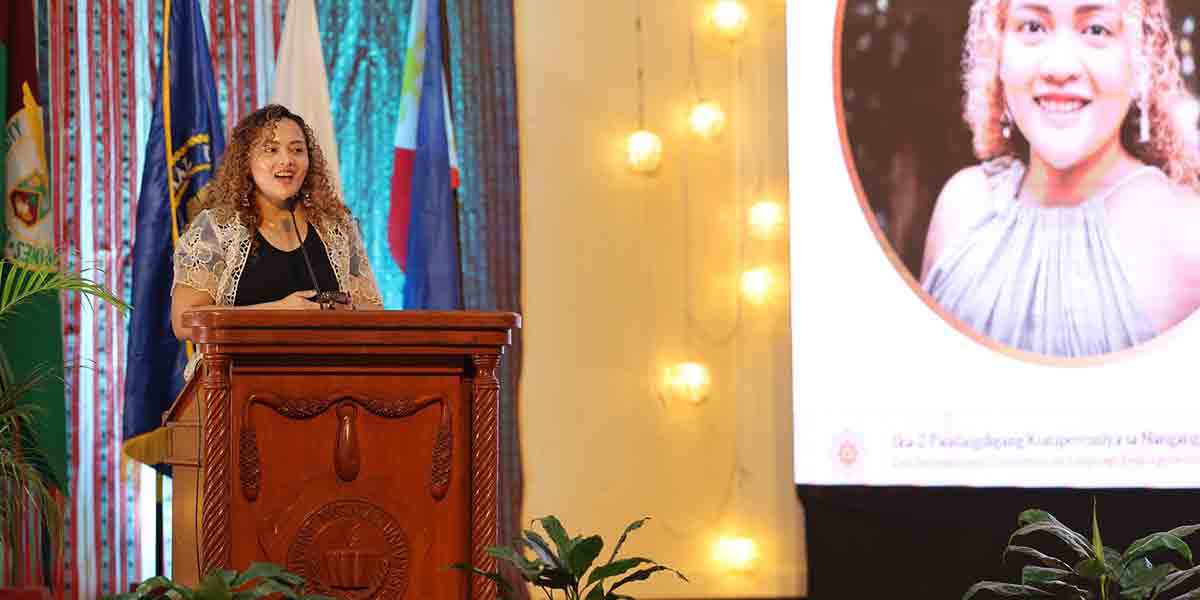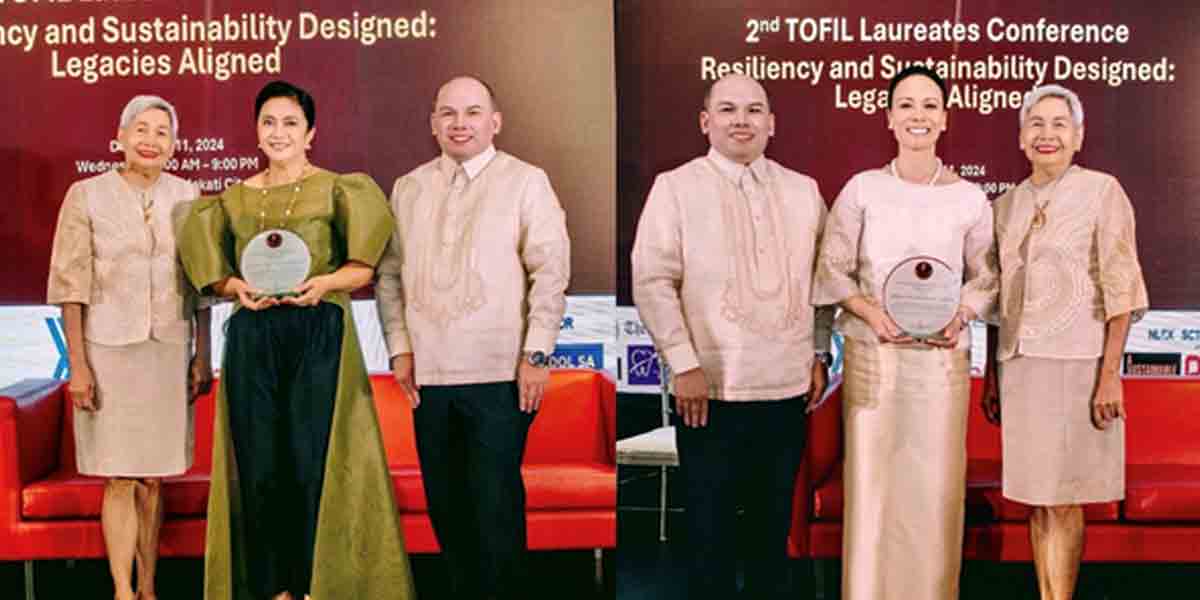 By Herbert Vego
By Herbert Vego
ONCE there was a radio jingle, “Ang utang ay dapat bayaran, nang tayo’y pagkakatiwalaan.”
Yes, we have to pay our monetary debts, lest we earn the ire of our creditors.
It’s somewhat a different matter, however, when what we owe is a debt of gratitude – utang na loob in Tagalog, utang nga buot or utang nga kabalaslan in Hiligaynon – to someone who is not obliged to return the favor. While the favored “debtor” would like to return the favor, the favor giver is under no obligation to demand quid pro quo.
Just before typing this column, I was reading an unexpected message on Facebook from a person who is now the owner and president of a private school in Balasan, Iloilo. He introduced himself as that salesman who sold me a set of the book Bible Stories way back in 1979, at a time when he was eking a living.
“Would you allow me,” he wrote, “to return the money you paid for the books?”
“Oh no,” I declined, knowing he was joking. “God has repaid you already.”
Anyway, on the premise that he had benefited from me as buyer of his book, I think it was as well symbiotic because I had also benefited as reader of the book.
That exchange of messages somehow made me wonder whether the “generosity” of politicians to us constituents could render us “indebted,” and so we owe them a debt of gratitude. Are we therefore obliged to pay in kind? In the strict sense of the word debt, there is no moral obligation to repay because they had given, not lent, money or gift for whatever reason.
It is not uncommon for the less in life to seek financial help for an emergency situation, as in a member of the family needing urgent medical or surgical attention. They could go to a rich friend or relative to borrow money. The latter either gives in or simply refuses – in both cases fearful that he might never regain his money.
More often than not, however, the needy would “drown” their shyness and beg the mayor, congressman or the governor for cash, or for referral to a charitable institution. That politician would likely grant the request willingly as part of his obligation as public servant; or reluctantly, for fear of losing his or his family’s votes in the next election.
Whether in cash or in kind, a politician’s unconditional help could not be legally construed as debt for which payment is mandatory. No doubt, however, the helped recipient owes him a debt of gratitude. Is his family morally bound to recognize it as such and so must be paid back with votes?
In fairness, unless a politician is a paragon of morality, he would not obligate the indebted constituent to repay the favor with votes. But he would naturally expect the voter to “deliver” pagdating ng panahon. He unwittingly becomes a vote buyer.
On the part of the recipient, he would brush that scenario off as “natural” but with reservation. Is he not being corrupted? Is he not among the taong bayad – err, taong bayan – bought to vote for the wrong public official?
What does the aforesaid mean? It means that there are two facets of utang na loob in politics: First, the giver expects something in return; second, the receiver wants to return the favor.
The voters bought against their conscience could be in a dilemma. Unwittingly, they have probably pressured some politicians to steal money in the form of kickbacks or under-the-table deals through influence-peddling. They either do it or spend their hard-earned money.
To appease the conscientious, let us recall the words of Vice-President Leni Robredo when asked how a voter should respond to “help” from candidates.
“Take the money, ” she quipped, “but vote for the right candidate.”
When “generous” politicians lose both money and votes, they would indeed be voted out of office.

